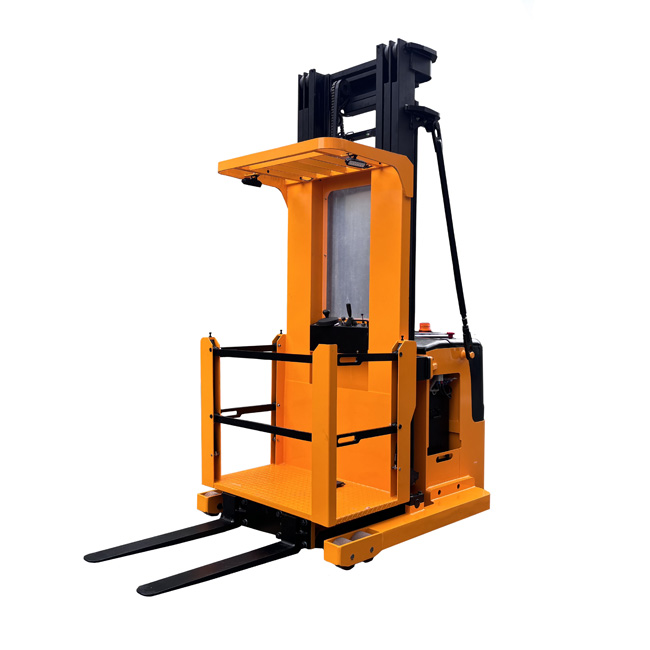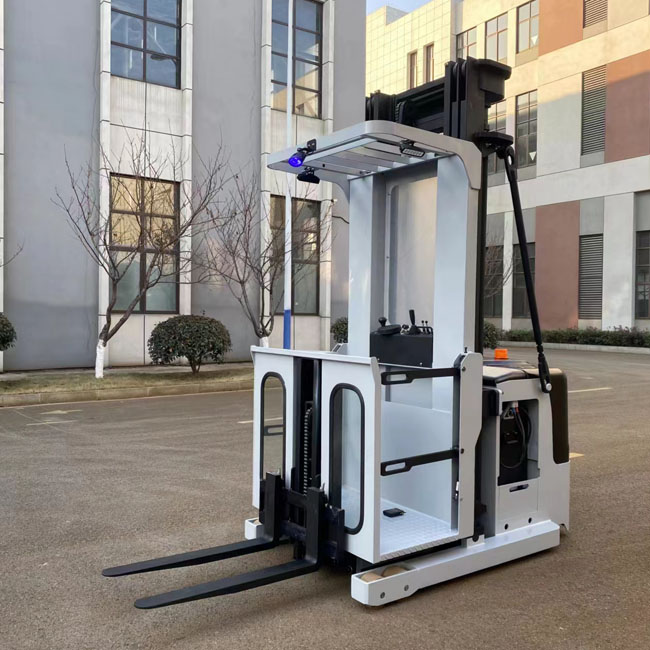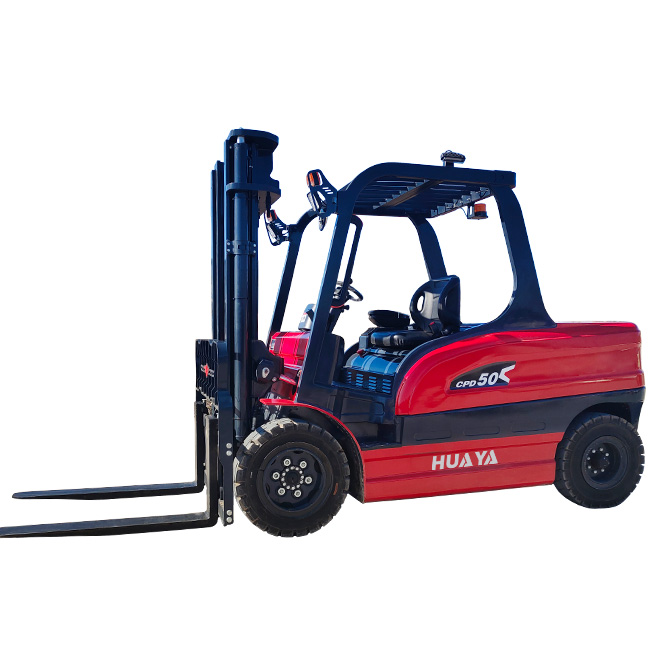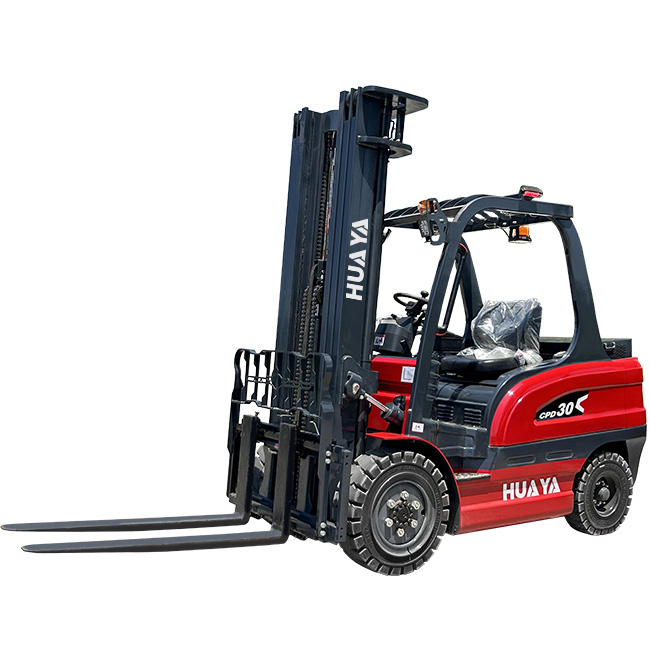Can an Order Picker Tip Over?
28 May 2025
Order pickers are essential equipment in warehouses and distribution centers, enabling workers to access and retrieve inventory from various heights. However, improper use, lack of training, or environmental factors can lead to accidents, including the possibility of an order picker tipping over. Understanding these risks and implementing preventive measures is critical for workplace safety.
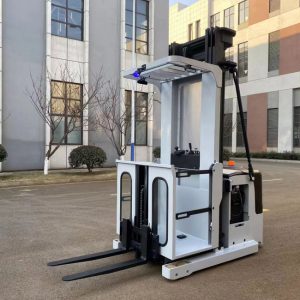
Can an Order Picker Tip Over?
Yes, an order picker can tip over under certain conditions. These machines, designed to lift operators and materials to high shelves, are prone to instability if not operated correctly. Tipping over not only endangers the operator but also puts other workers and inventory at risk.
Common Causes of Order Picker Tipping Over
Overloading
Exceeding the weight capacity of an order picker can cause it to become unbalanced. Operators must always adhere to the manufacturer’s specified weight limits.
Improper Use on Uneven Surfaces
Operating an order picker on sloped or uneven surfaces can compromise its stability, increasing the risk of tipping over.
Sharp Turns and High Speeds
Fast movements or abrupt directional changes, especially when elevated, can cause instability and lead to a tip-over.
Inadequate Training
Operators who lack proper training may misuse the equipment, heightening the likelihood of accidents.
Poor Maintenance
Faulty components, such as worn tires or malfunctioning lifts, can make an order picker unsafe to operate.
Safety Tips to Prevent Tipping Over
Conduct Regular Maintenance
Inspect the order picker daily before use.
Check tires, lift mechanisms, and stability features.
Follow Weight Guidelines
Always adhere to the load capacity recommended by the manufacturer.
Distribute weight evenly to avoid imbalance.
Use on Level Surfaces Only
Ensure the operation area is flat and free from obstacles.
Avoid slopes and ramps during use.
Operate at Safe Speeds
Avoid high-speed maneuvers, especially when elevated.
Make gradual turns to maintain stability.
Provide Adequate Training
Train operators on proper usage and safety protocols.
Conduct refresher courses to reinforce best practices.
FAQ
What is the maximum height at which an order picker can safely operate?
The maximum height varies by model but generally ranges between 20-30 feet. Operators must consult the machine’s specifications.
Can tipping over be prevented by adding counterweights?
Counterweights may help, but proper operation and adherence to safety guidelines are more effective for preventing tip-overs.
How often should order pickers undergo maintenance checks?
Daily checks are recommended, with more thorough inspections on a monthly or quarterly basis, depending on usage.
What should an operator do if an order picker begins to tip over?
Operators should never jump off the equipment. Instead, they should hold onto the controls and lean in the opposite direction of the fall.
Order pickers are invaluable in warehouse operations, but safety must always be a priority. Understanding the risks of tipping over and implementing preventive measures can significantly reduce workplace accidents. Regular maintenance, proper training, and adherence to operating guidelines are key to ensuring the safe use of these machines.
